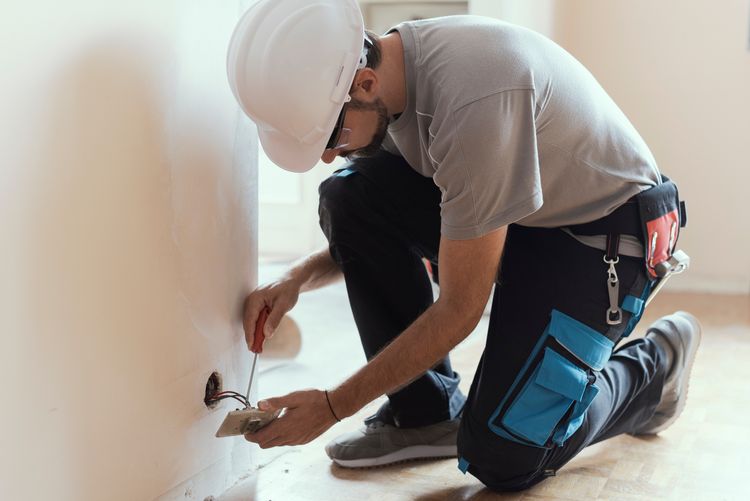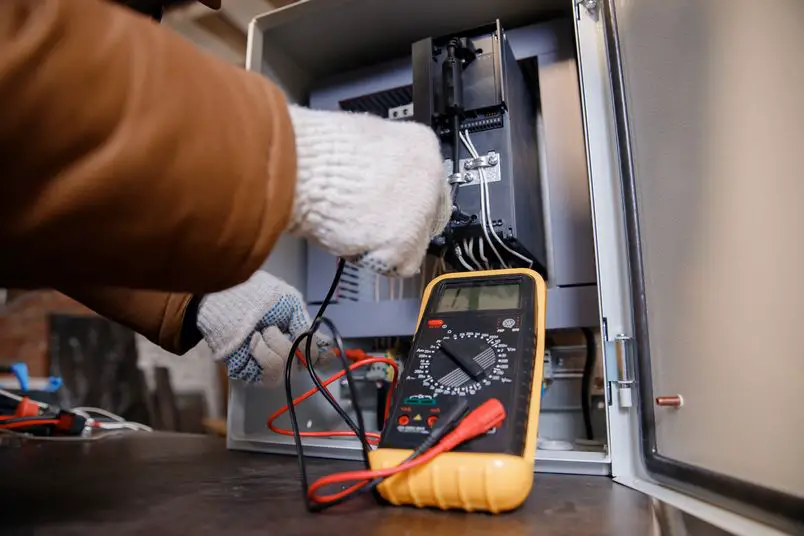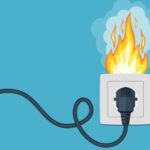Today, people live in a world where appliances, equipment, and electrical devices make everyday living more convenient and less complex. Electricity helps the process of cooking food to be much more effortless, it allows individuals to have fun with entertainment devices, it assists in keeping us warm and cool, and enables us to have video calls with long distant friends and families, among others.
The list goes on regarding the advantages people can have because of electricity. This shows that electricity is vital to do specific tasks and have some form of leisure.
However, there are still risks that can go along with it. Figures show that fire departments responded to approximately tens of thousands of house fires that involved electrical malfunction or failures each year from 2015 to 2019. The average cost of these fires comes at around USD$1.5 billion in direct property damage yearly.
As electricity comes with risks, the good news is you can reduce the chance that such things will happen. You can significantly decrease the chances of such risks by having proper application and knowledge of some essential electrical safety tips.
Overall, if you want to delve into some of these tips, you can read on to learn more about each one.
- Unplug All Unused Appliances
One of the simplest yet easily forgotten electrical safety tips is to unplug all unused appliances when they’re not in use. This not only saves electrical power by minimizing phantom drain (the amount of energy consumed by the device even when not used actively), but it also reduces the chance of overheating or power surges.

Nevertheless, if you want to schedule when your outlet will be active, you can buy a new generation of smart plugs. Overall, unplug your electrical devices while ensuring that you store them securely away from your pets or children.
- Know How To Label And Use Your Circuit Breakers
Whenever an electrical overload or short circuit occurs, your circuit breaker will be the one that will instantly break the power supply to the affected areas. This can hinder potential damage to lighting fixtures, appliances, electronics, and even the electrical circuits. If you want to know how circuit breakers work, there are a lot of resources that you can find online.
Likewise, you can also stop the power flow to particular areas and electrical devices across your house whenever there’s an electrical malfunction just by turning off your circuit breakers. Yet, note that first, you have to label which circuit breakers need to be turned off to know which area needs to be shut off of power flow.
Similarly, instances where you need to turn off your circuit breakers are when you or someone have to do some repairs or troubleshooting. For example, you can turn off the breaker in your living room if you want your electrician to do some repairs to your old outlet.
- Avoid Overloading Outlets
To reduce the chance of electrical problems such as an electrical shock from happening in the first place, you can begin by knowing how many devices or appliances your electrical outlet can manage and how to prevent or see if you’re overloading your system. If you want to know if you have an overloaded outlet, the outlet should feel warm, have a burning odor, or look scorched.
To note, most outlets can contain between 15 to 20 amperes (amp) of power, so it’s crucial to examine the power level of each appliance or device. You should avoid plugging different kinds of high-wattage appliances into the same outlet as it could lead to electrical overload. Nonetheless, if you can’t plug your appliances or devices into a different outlet, you can install a new electrical outlet to address the issue.
- Keep Your Electrical Cords Neat
It’s easy to undermine the cords that you use to become untidy. This is especially true if your home has computer stations or entertainment centers that are becoming more complicated as time goes by.
On the other hand, keeping the electrical cords that you use out of the way in a tidy manner and adequately storing unused ones can considerably impact their durability and safety.
Likewise, one way to keep your cords tidy is to steer clear of wrapping them tightly around things, as this can result in overheating or cord stretching. Another way is never to leave the cord on a hot surface to minimize damage to the cord’s wires and insulation.
Bottom Line
Electrical devices have allowed modern living to be more convenient. You can do various activities such as making video calls or cooking with less difficulty. This just shows that electricity has become part of our ordinary lives.
Even so, the problem is that having electricity doesn’t exempt people from possible risks such as electrical shocks or electrical fires. There are thousands of electrical home fires that have already occurred, causing billions of dollars of damage to property.
Because of that, it’s essential to be highly aware of the tips concerning electrical safety. This is to minimize such possible risks and keep people safe at home. Overall, keep the information above to be better prepared.







Comments are closed.